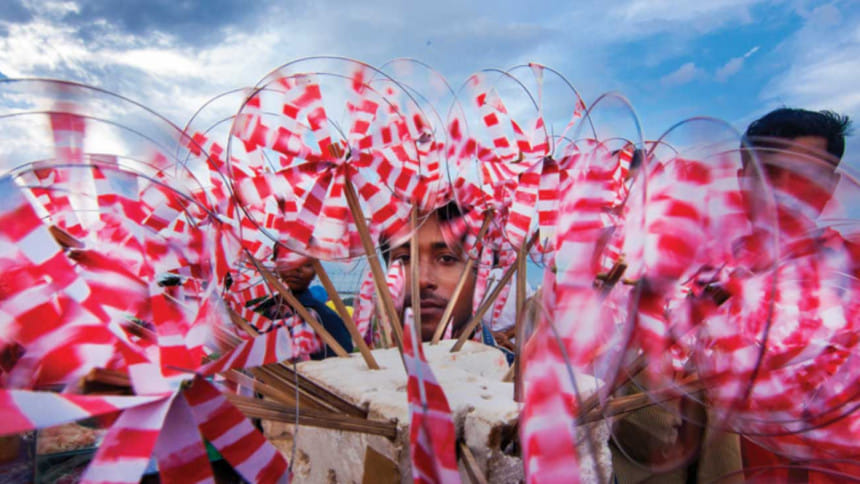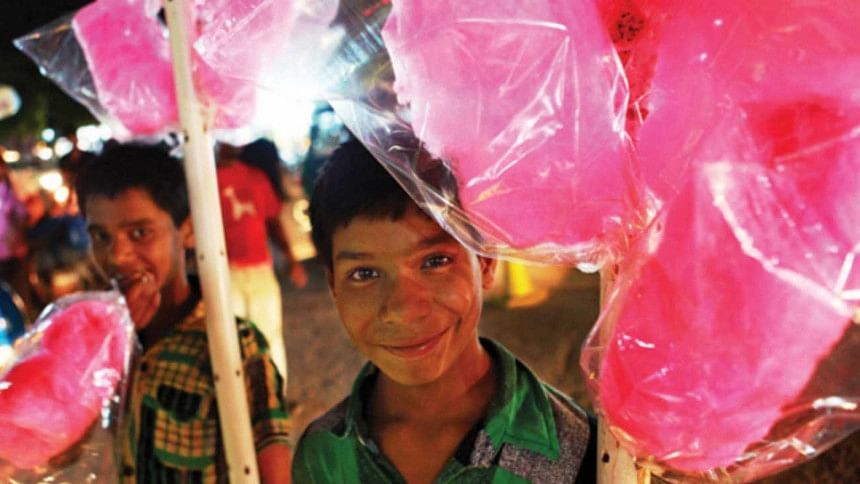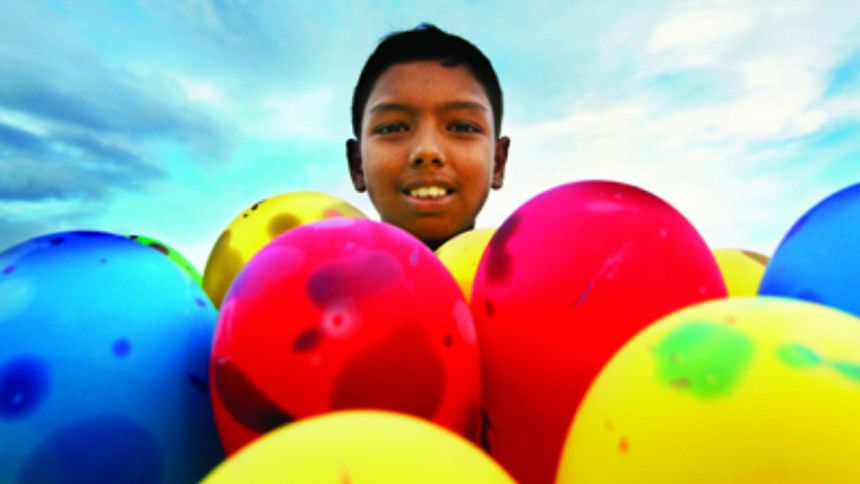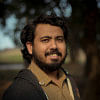BOISHAKHI MELA Safety GUIDE
Pahela Boishakh or the Bangla New Year is that one day of the year urban Bengalis celebrate their heritage by having rice soaked in water with onions and red chillies that force them to spend the following week making sudden trips to the toilet. Another thing they do on Pahela Boishakh is go to a Boishakhi Mela – a place that also attracts pickpockets and perverts. Here's a guide to help you survive the upcoming Boishakhi Mela.
PICKPOCKETS
It's traditional to wear a panjabi to a Boishakhi Mela but the thing is, it's also extremely easy to lose things from its pockets. They hang out, making it very unsafe and an easy target for pickpockets. Because Dhaka is ridiculously overpopulated and Pahela Boishakh is arguably the most popular holiday in terms of the number of people on the streets, pickpockets have a field day when it comes to a Boishakhi Mela. You'd be well advised to not keep your belongings in your panjabi pockets, and even if you had to, you need to keep patting yourself up every few minutes to make sure everything is where it's supposed to be. Yes, your behaviour might seem suspicious and you will get looks from people but you don't have to care about that.
HARASSMENT
The ladies will be much more familiar with this aspect of the Boishakhi Mela than the guys. The sudden push, a grab or a comment from the crowd feels extremely violating and you need to prepare yourself to counter that. Be on the lookout for creeps following you. If you do realise that someone's following you, find the policeman on duty nearby as soon as possible and tell him about your problem. Seeing you ask for assistance should be enough to drive away any unwanted company. If you hear someone say something inappropriate, only respond to their comments if you deem the situation safe; if not, report the person to a policeman or ask for help from the bystanders.
DANGEROUS RIDES
The nagordola is a local version of a Ferris wheel and although an extremely fun ride, it borders on the margin in terms of safety standards. It's not machine operated, the whole structure is made of wood, and the way it creaks when in full swing will make you feel like it's on the verge of collapsing. Any protective gear is non-existent, and how people don't get thrown off that thing is a mystery. You want to ride the nagordola and know how it feels, but you also want to remain uninjured, so make your decisions carefully.
In all fairness, Boishakhi Mela isn't all that bad. Going there with your friends and getting pushed around by sweaty strangers might sound bad, but it isn't. Everyone should go out there and take a look at what goes down in these places.




 For all latest news, follow The Daily Star's Google News channel.
For all latest news, follow The Daily Star's Google News channel. 



Comments